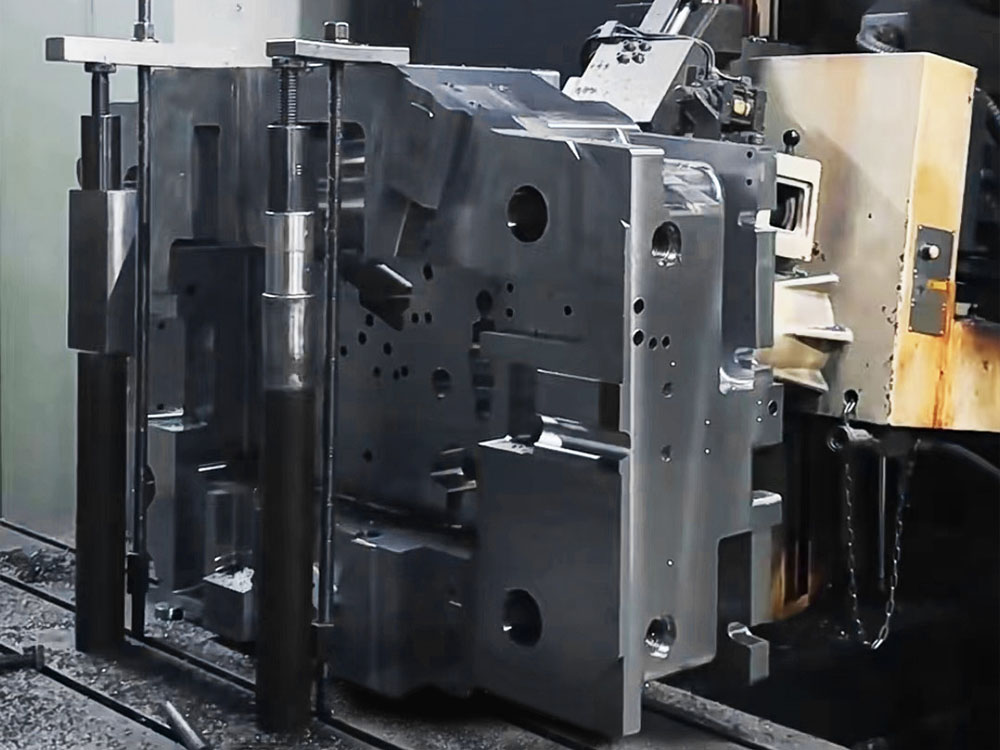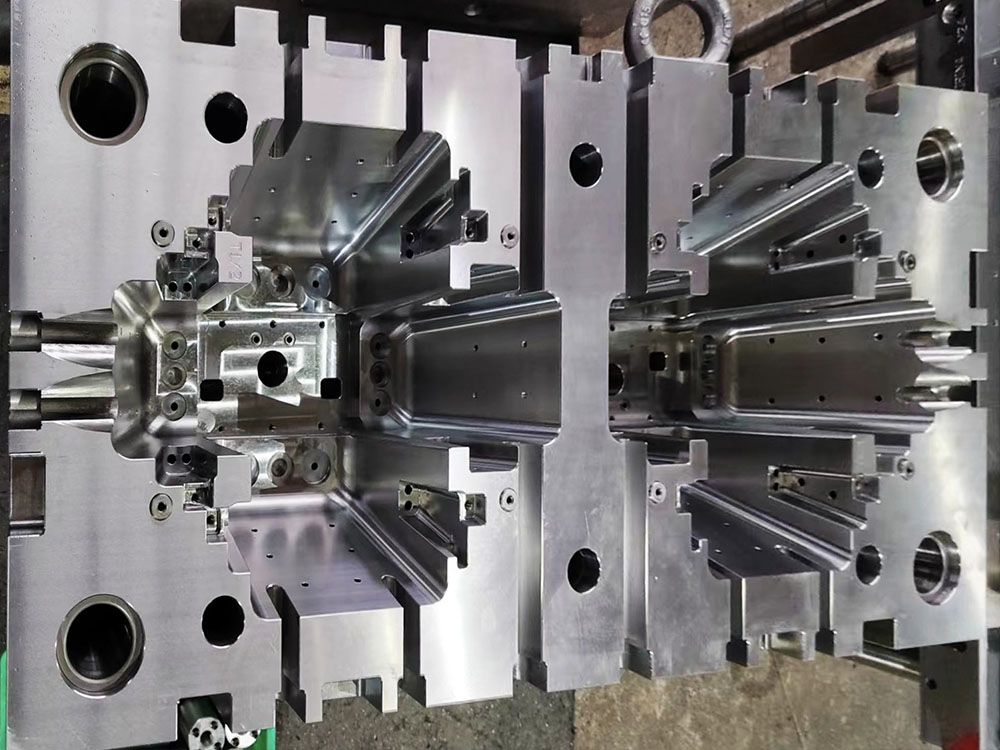Assessing the Benefits of Modular Construction Technology in the Mold Base Industry
The mold base industry plays a crucial role in the manufacturing sector, providing the foundation for the production of high-quality molds used in various industries such as automotive, aerospace, and consumer products. In recent years, modular construction technology has garnered significant attention as a potential solution to enhance efficiency and productivity in the mold base industry. This article aims to assess the benefits of modular construction technology and its potential implications for the mold base industry.
Enhanced Flexibility and Customization
One of the primary advantages of modular construction technology in the mold base industry is enhanced flexibility and customization. Traditional mold base manufacturing often involves a lengthy and complex process of designing and fabricating molds according to specific requirements. However, with modular construction technology, standardized components can be easily assembled and disassembled, allowing for quick adjustments and modifications.
Modular construction technology enables the usage of interchangeable modules, reducing the need for complete redesigns in case of changes in mold specifications. This not only saves time but also enhances responsiveness to client requirements. The ability to customize molds without significant disruptions to the manufacturing process is a major advantage for companies operating in the mold base industry.
Increased Efficiency and Productivity
Modular construction technology can significantly increase efficiency and productivity in the mold base industry. By using standardized modular components, manufacturers can streamline the production process, reducing lead times and minimizing the risk of errors or inconsistencies. The modular nature of construction allows for simultaneous work on different components, reducing bottlenecks in the manufacturing process.
Additionally, modular construction technology enables the utilization of automation and robotics in the assembly process. This can improve precision and reduce human error, ultimately enhancing the overall efficiency and quality of mold base production. The integration of automation systems with modular construction technology has the potential to revolutionize the mold base industry by enabling faster production cycles and reducing costs.
Improved Cost-effectiveness
Cost-effectiveness is another critical benefit offered by modular construction technology in the mold base industry. Traditional mold base manufacturing often involves substantial upfront investments in tooling, equipment, and specialized labor. With modular construction technology, manufacturers can leverage standardized components, minimizing the need for extensive tooling and specialized equipment.
The use of standardized modules also allows for economies of scale, as manufacturers can produce a higher volume of molds using the same components. This reduces the unit cost of each mold base and enhances cost-effectiveness for both the mold base manufacturers and their clients. Furthermore, the ability to quickly adapt and modify molds without starting from scratch can also lead to cost savings in the long run.
Conclusion
Modular construction technology presents significant benefits for the mold base industry, including enhanced flexibility and customization, increased efficiency and productivity, and improved cost-effectiveness. By adopting modular construction technology, mold base manufacturers can streamline their operations, meet dynamic customer demands, and achieve greater profitability. The integration of automation systems and robotics further enhances the potential of modular construction technology in revolutionizing the mold base industry. As technology continues to advance, the mold base industry should seize the opportunities offered by modular construction technology to stay competitive in the fast-paced manufacturing landscape.




